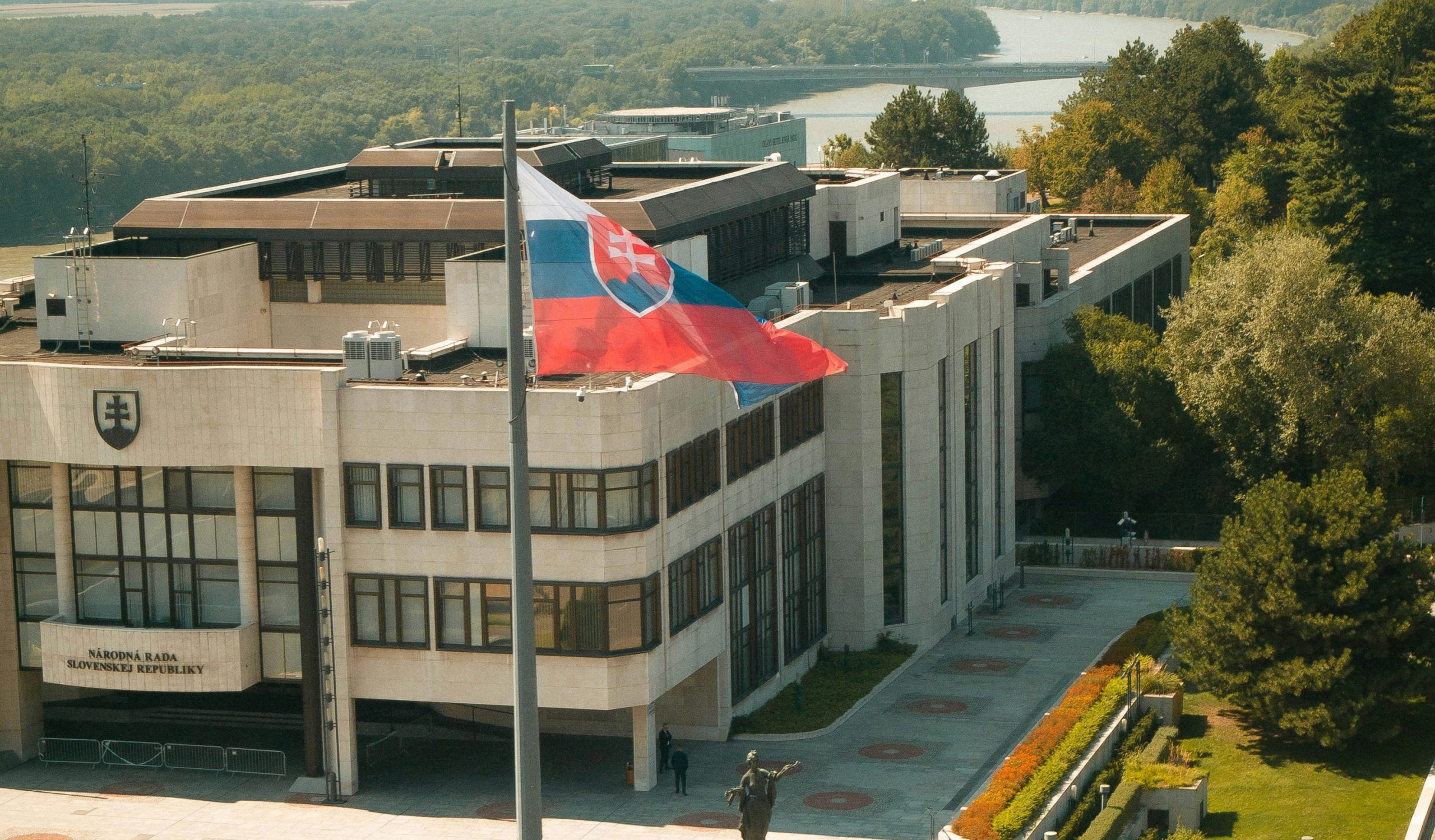Starting July 1, significant changes are coming to the employment of foreigners in Slovakia. Parliament has approved an amendment to the Act on the Residence of Foreigners, aimed at “reversing and addressing the poor state of the foreign police agenda.” The main challenge is to reduce the number of foreigners waiting at police departments and to speed up the processing of their applications. Although the amendment introduces several improvements, it does not adequately address the key problems foreigners face—and in fact, introduces some new ones.
Good News
Among the most important positive measures in the new law is the extension of the validity of national visa type D (for third-country nationals) from 90 to 120 days. This gives foreigners more time to arrange their arrival in Slovakia and book an appointment at the foreign police. Another improvement is that applicants will no longer need to submit a photograph with their application, and in some cases, the requirement to prove sufficient financial means for residence has been removed.
Bad News
However, the approved amendment also brings bad news that could further complicate life for foreigners in Slovakia. The most problematic is the introduction of nonsensical quotas for business visas. From more than 10,000 business residence applications filed last year, the government plans to limit approvals to just 700 per calendar year. How and why the government arrived at this mysterious number remains unclear.
In addition, foreigners will be required to submit a business plan with their application for temporary residence for business purposes, which will be subject to approval by the Ministry of Economy. As a result, the actual number of approved applications will likely decrease even further. Given the current demographic trends and weak public finances, every single entrepreneur should be welcomed in Slovakia.
Moreover, foreigners will only be able to submit their application at Slovak consulates in their home country, without any territorial exceptions. The quotas are further distributed across individual countries in a way best described as “scattered to all four corners of the world.” One example: Taiwan, a global leader in many industries with a population of 23 million, has been allocated exactly one business visa slot. North Macedonia, with 1.8 million people, gets 16. Is this really the most economically and politically sensible way to attract innovative business ideas? Definitely not.
Our Experience
We’ve been visiting the foreign police on behalf of our clients for years. We see and experience firsthand how the system has been collapsing for a long time. It’s easy to announce in the media that “use of the reservation system is now legally required, and visiting the Foreign Police without an appointment will not be allowed.” But in reality, the reservation system does not work as it should. For some critical life situations, appointments are virtually impossible to obtain. If you try too hard to get one, the system may block your access altogether, and appointment slots continue to be traded on an unofficial market.
What’s Next?
Although the amendment brings a few small improvements, without real digitalization, a transparent reservation system, and increased staffing at the foreign police, no meaningful change will come. If you want the raw truth about Slovakia’s attractiveness and its approach to foreigners—who could clearly benefit our economy—just consider this: between 2021 and 2023, Slovakia issued 62 Blue Cards for the residence and employment of highly qualified foreigners. Poland issued 15,313 in the same period. So it’s no surprise that Slovakia’s economy is gasping for air.
If you’re also facing challenges hiring foreign workers, feel free to reach out to us. The experts at ProfiDeCon have been helping Slovak companies hire foreign talent for more than 10 years. We’d be happy to help you too.

